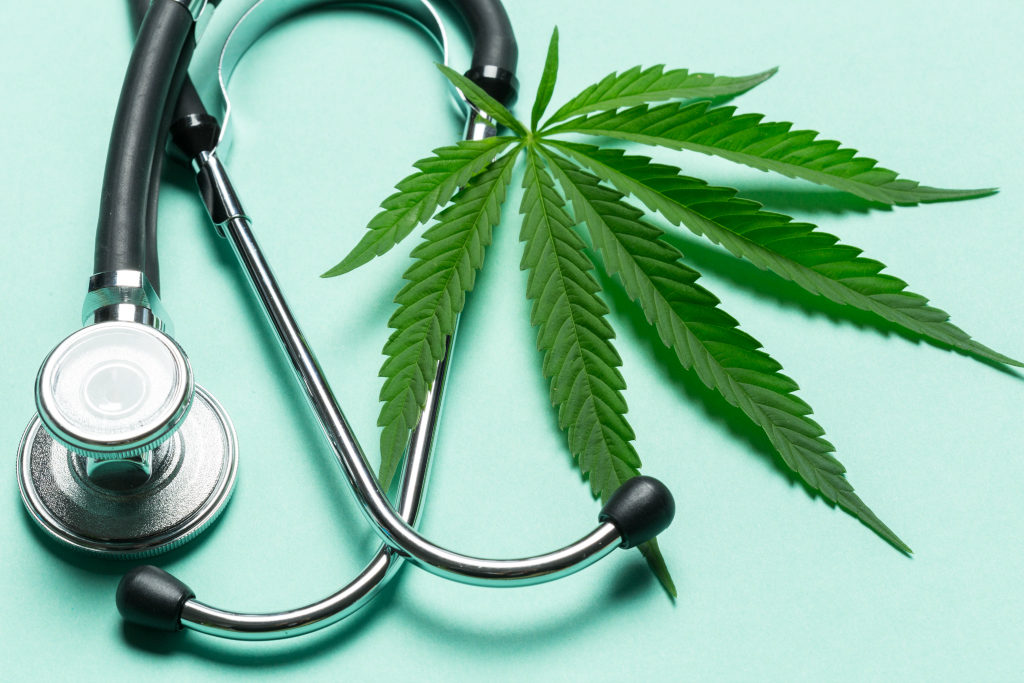“Moments after CY+ Dispensary sold some of the first legal medical marijuana in Ohio, the crowd of patients waiting outside for their turn to make state history wanted to know one thing: How much?
They weren’t happy with the answer: $50 cash for a small plastic container holding 2.83 grams of dried marijuana bud, or just under $500 an ounce.
Marijuana sold in legal markets has a hard time competing with a product sold on the black market for several reasons.
Legal marijuana businesses have to comply with regulations for pesticides, tracking every plant with sophisticated software, security and more. They also pay taxes, and because marijuana remains an illegal substance on the federal level, they can’t deduct expenses the way other businesses can.
Ohio law requires every medical marijuana product to be tested by an independent state-licensed lab. There are only two in operation. The labs test for pesticides, mold and other contaminants. They also test for amounts of various marijuana compounds including THC, which generates a high, and cannabidiol, or CBD, which doesn’t.
The state has licensed 29 businesses to grow marijuana, but only 14 have finished building their facilities and been approved to start growing. None of the state-licensed processors are operating, so oils, lotions, patches, edibles and other products are not yet available.
One specific regulation sets Ohio apart from the 33 states that allow cannabis for medicinal use.
Rules set by the Ohio State Pharmacy Board, which oversees dispensaries, require marijuana flower and infused products to be packaged in certain amounts, called “whole day units.”
Read the full article at Cincinnati.com







